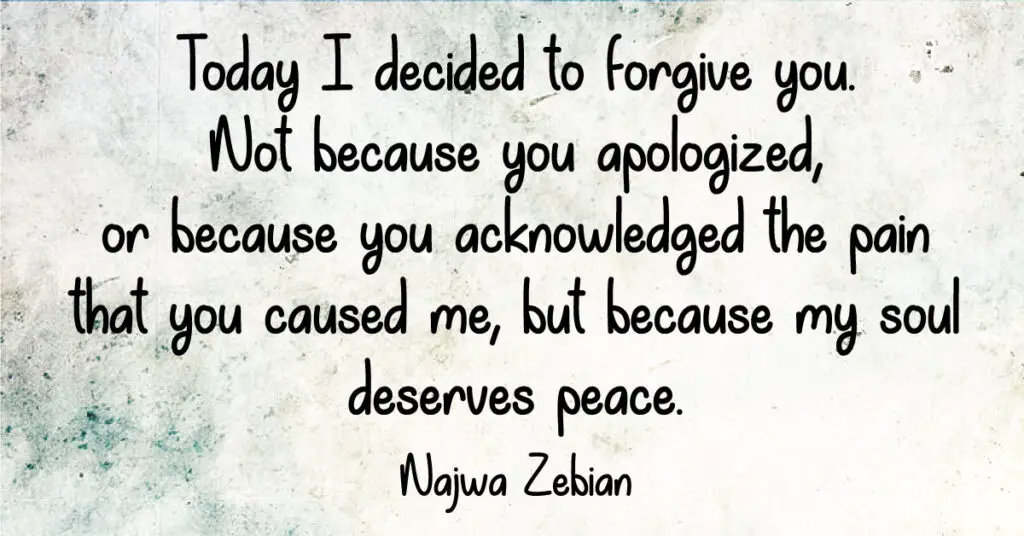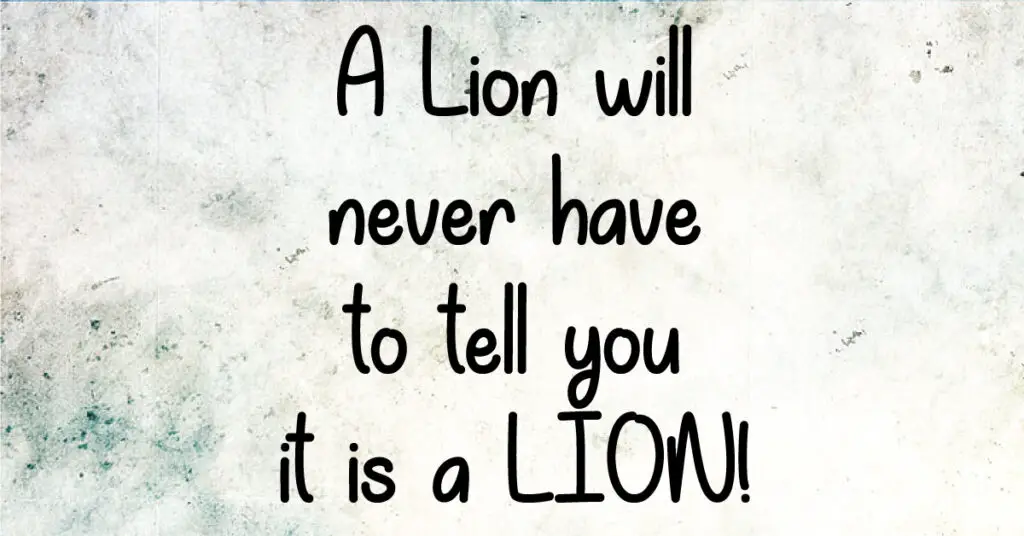Open relationships, characterized by a mutual agreement between partners to engage romantically or sexually with others, are on the rise. This trend mirrors an evolving societal shift towards non-traditional relationship structures. More and more people are exploring open relationships as a way to satisfy diverse emotional and physical needs, seek novelty, and foster personal growth.
However, just as the one-size-fits-all principle doesn’t apply to clothing, it doesn’t apply to relationships either. Open relationships, despite their increasing popularity, are not suitable for everyone. They require a certain level of maturity, excellent communication skills, and a strong sense of self-security. Therefore, while some might find them liberating and fulfilling, others may find them challenging and emotionally taxing.
Here are 12 reasons why you might want to reconsider entering into an open relationship.
1. Lack of Honesty
Open relationships necessitate a high degree of honesty and self-awareness to function effectively. This involves being truthful about one’s feelings, desires, and actions to prevent misunderstandings and emotional pain.
If transparency is lacking, it can lead to confusion, resentment, and potentially the end of the relationship. Dishonesty fosters distrust, a damaging element in any relationship, but even more so in an open relationship where trust is paramount due to its inherent complexities..
2. Time-Consuming
Open relationships require considerable time and energy due to the involvement of multiple partners. Juggling the emotional and logistical aspects of these relationships can be overwhelming, leaving little room for self-care and personal time.
This imbalance can lead to feelings of exhaustion and dissatisfaction with the relationship structure. Consequently, the constant time commitment can make maintaining an open relationship more challenging than traditional ones.
3. Exposes Your Insecurities
In an open relationship, personal insecurities can become significantly amplified. The potential for comparison, heightened feelings of jealousy, or the fear of inadequacy can all be intensified in this relationship structure.
If these insecurities are not openly acknowledged and managed, they can lead to profound emotional distress. It’s crucial, therefore, to have strong self-esteem and effective communication skills to navigate the complexities of an open relationship successfully.
4. Jealousy
Jealousy is a prevalent challenge in open relationships. Witnessing your partner interact romantically with others can evoke feelings of envy and bitterness.
To effectively manage these emotions, a high level of emotional maturity and open communication is necessary. However, achieving this level of understanding and openness can be a complex task for many individuals, making jealousy a significant hurdle in the context of open relationships.
5. Deceitful Actions
Even in an open relationship, cheating can occur if established boundaries and agreements are violated. This violation is a form of betrayal that can shatter trust between partners, leading to emotional distress.
The damage caused by such deceit can be just as severe, if not more so, as in a monogamous relationship, given the inherent complexities of managing multiple relationships. Therefore, it’s essential to respect and adhere to the mutually agreed-upon rules in an open relationship to maintain trust and harmony.
6. Unresolved Communication Issues
If a relationship already has underlying communication issues, transitioning into an open relationship could further intensify these problems. Strong, transparent, and open communication is a vital cornerstone in an open relationship to ensure all parties involved are on the same page.
Without this level of communication, it becomes easy for miscommunications and misunderstandings to arise, potentially leading to conflict or hurt feelings. Therefore, it’s crucial to establish and maintain effective communication practices before and during an open relationship to ensure its success and the wellbeing of all participants.
7. Falling in Love With Another Person
An open relationship should be based on mutual consent, understanding, and respect for each other’s wants and needs, not as a compromise when one partner falls in love with someone else. This approach circumvents the essential foundations of trust and honesty which are required for an open relationship to function healthily.
If one partner is coerced into accepting an open relationship because of the other’s infidelity, it can lead to resentment, hurt feelings, and ultimately, heartbreak. In such a scenario, the original relationship often ends up bearing the brunt of this unfair compromise, leading to its potential dissolution.
8. Cannot Save a Failing Relationship
Using an open relationship as a last-ditch effort to save a failing relationship is not advisable because it might not address the root cause of the issues plaguing the relationship. It can serve as a distraction from the real problems, rather than a solution, and can lead to further misunderstandings and mistrust.
Instead of fostering better communication and understanding, it often introduces additional complexities and potential sources of conflict. Ultimately, this could exacerbate the existing issues and accelerate the end of the relationship, rather than saving it.
9. Mental, Physical, and Spiritual Health
Open relationships, if not managed with utmost transparency and mutual consent, can lead to emotional turmoil. Feelings of jealousy, insecurity, and betrayal may surge, negatively impacting one’s mental health.
Physically, the risk of exposure to sexually transmitted infections increases due to multiple sexual partners, adding a layer of concern for physical health. Furthermore, open relationships can challenge personal values and societal norms, potentially leading to ethical dilemmas and spiritual unrest.
10. Fear, Secrecy, Disease, and Extra Cost
Open relationships, while offering greater freedom and variety, also come with certain drawbacks. The fear of jealousy, emotional hurt or loss can create constant anxiety, while the risk of secrecy can lead to mistrust and misunderstandings.
Additionally, the potential exposure to sexually transmitted diseases due to multiple partners adds a layer of health risk. Lastly, maintaining multiple relationships can lead to extra costs, both emotional and financial, making it a stressful and challenging endeavor.
11. Fear of Intimacy or Commitment
Sometimes, the desire for an open relationship may be a manifestation of a fear of intimacy or commitment. This fear can lead to avoidance behaviors, which inhibit the establishment of a deep emotional connection required for a fulfilling relationship.
Such avoidance can create a barrier to the growth and development of a meaningful bond between partners. Ultimately, this could hinder the deepening of the relationship, preventing it from reaching its full potential..
12. Negative Associations with Monogamous Relationships
If your partner is advocating for an open relationship due to past negative experiences with monogamy, it’s crucial to confront these issues head-on. These could be problems revolving around trust, commitment, or dissatisfaction which need to be addressed.
Ignoring these and transitioning into an open relationship without resolving them may not be a solution, as these issues are likely to resurface. They could potentially affect the new dynamic adversely, indicating that underlying problems can manifest in any relationship model if not appropriately dealt with.
Final Thought
Open relationships may be a viable option for some, but they certainly aren’t a one-size-fits-all solution. They come with their unique set of challenges and potential pitfalls that require careful consideration. It’s imperative to introspect about the reasons behind wanting such a relationship and ensure they stem from a place of mutual understanding and respect, rather than as a means to avoid dealing with underlying issues. Making an informed decision is crucial to maintaining a healthy and fulfilling relationship, open or otherwise.








